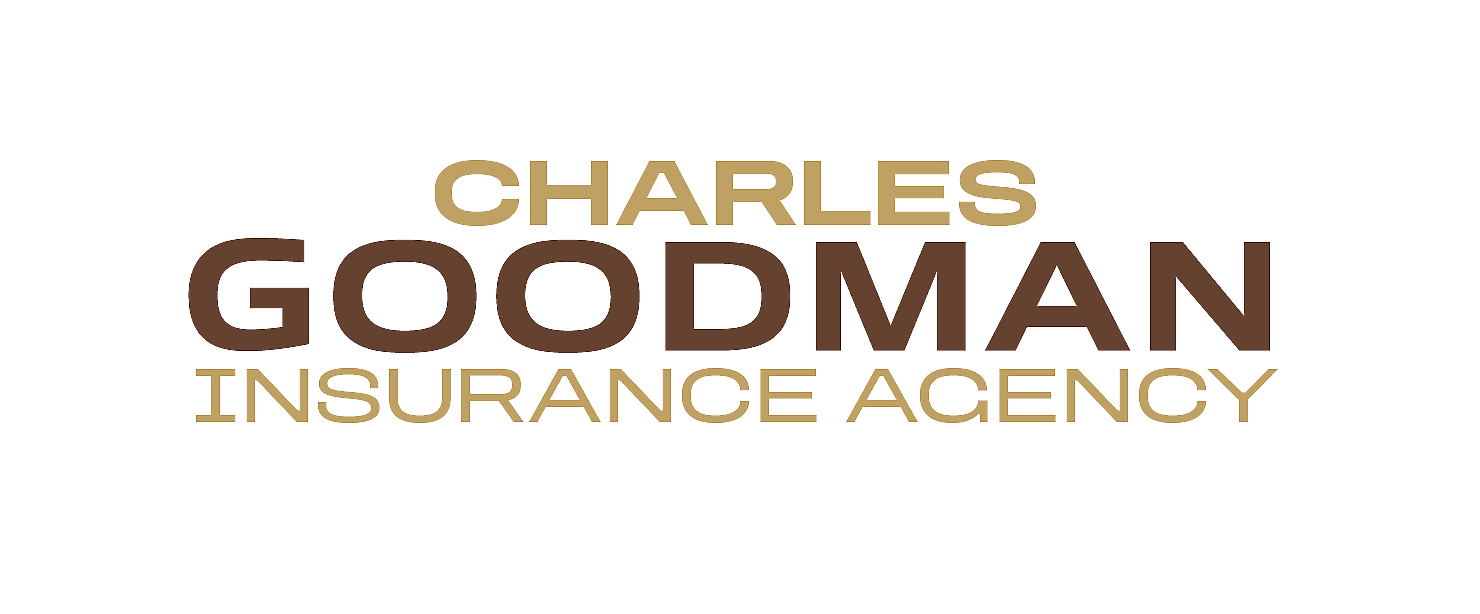Charles Goodman Group: Friendly Chappaqua Insurance Brokers
Selecting a life insurance policy may seem like an overwhelming task, but the process doesn’t need to be that complicated. Most life insurance falls into a few basic categories: term life insurance, whole-life insurance and universal insurance. Although all of these types of insurance have value, their features are quite different. It’s important for consumers to understand the benefits of each type of policy in order to make an informed purchase decision. Consulting with a Chappaqua insurance agent can help individuals determine which type of insurance offers the best protection for their needs.
Whole-life insurance policies are a form of permanent insurance. With a whole-life policy, a fixed amount is guaranteed to be paid out in the event of the policyholder’s death. The cash value of the policy, which is tax-deferred, builds over the years; the insured individual can borrow against this accumulated fund without any tax impact. Some policies offer the potential for dividends, which add value to the policy while the policyholder is still living. Whole-life insurance can be expensive, but the premium typically remains the same throughout the duration of the policy.
Term life insurance offers a lower-cost alternative for consumers who don’t necessarily need the guaranteed payout or savings component associated with whole-life policies. As the name implies, term policies are only effective for a specified period of time: This term can be as short as one year or as long as 30 years.
The insurance agent experts at the Charles Goodman Group of Chappaqua can assist you with any questions regarding life insurance or health insurance.
If the insured individual dies during the term of the policy, a death benefit is paid; there is no payout if the insured individual dies after the term is complete. Term life insurance is one of the most affordable forms of life insurance coverage, and it can be an effective option for consumers who need coverage for financial obligations such as a mortgage or college expenses.
Other types of insurance include universal life, variable life and variable universal life insurance. These alternatives combine the lower cost of term policies with some of the investment opportunities of whole-life insurance. Universal life insurance even allows policyholders to pay their premiums using interest from their accumulated cash-value fund.
It’s clear that the various types of life insurance policies can differ significantly in their benefits, flexibility and length of coverage. Many options and combinations are available to consumers: Individuals can purchase a term policy and then convert it to a permanent policy in the future, and it’s even possible to purchase both term and permanent policies to get the benefits of both types of insurance. Talking to a reputable insurance agent can help consumers narrow down these options and select the insurance solution that best meets their needs.
